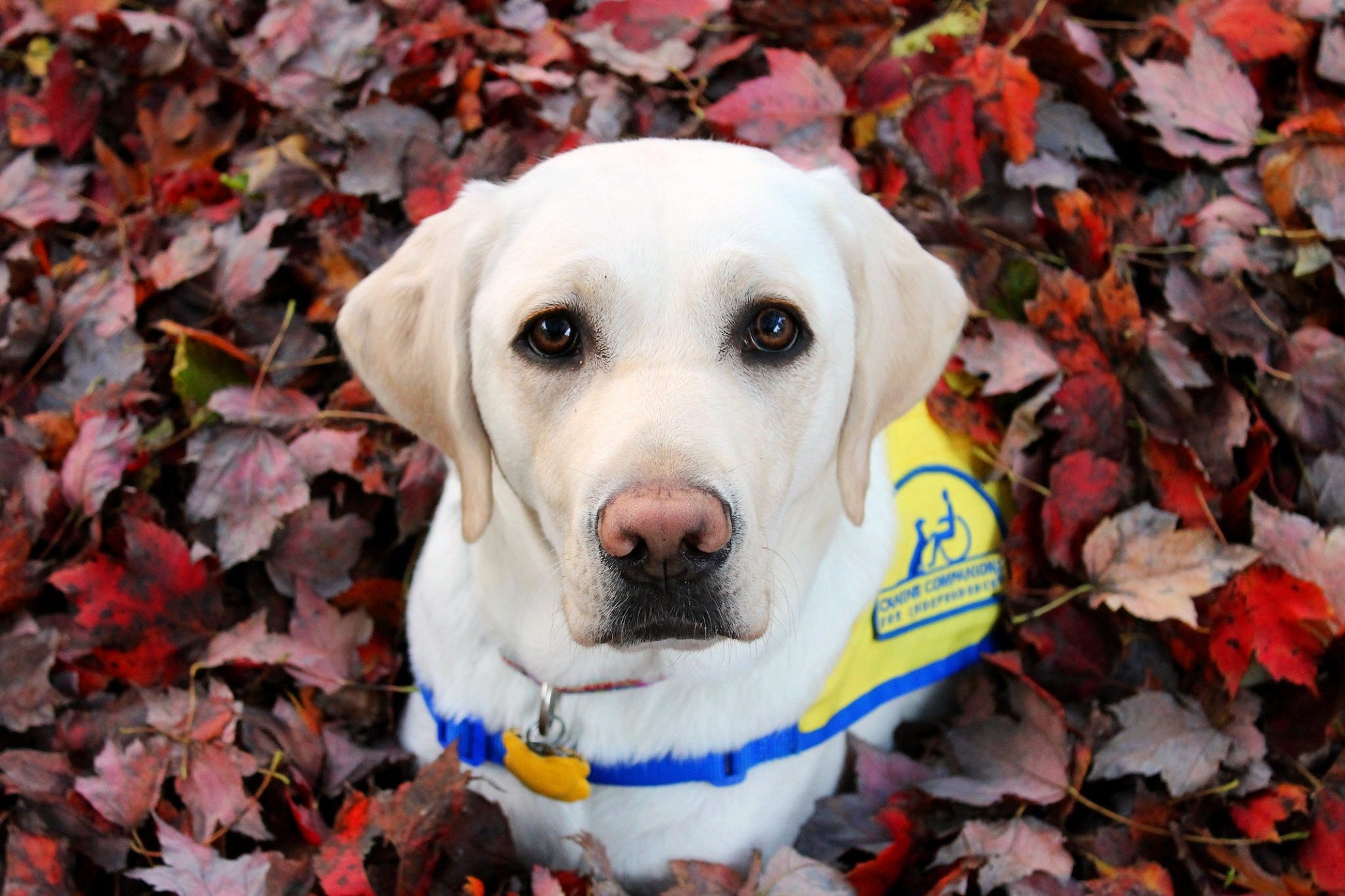PU Researcher: Dogs Help Us Cope with Social Isolation
 When dogs are present
When dogs are present
Subscriber Benefit
As a subscriber you can listen to articles at work, in the car, or while you work out. Subscribe NowAs COVID-19 prevents social interaction of the human sort, a Purdue University researcher says companion animals are playing an important role in reducing stress and anxiety. While pet owners may be experiencing a heightened sense of support from Fido, Associate Professor of Human-Animal Interaction Dr. Maggie O’Haire has sniffed out the science behind this feeling of well-being humans can gain from their pets while we’re socially isolated.
“Pets can actually be a unique source of social support during stressful situations; studies have found that people perceive their pets friends as distinctive sources of social support and rate them at similar levels as significant others, family and friends,” says O’Haire. “People who have service dogs, for example, have measurably better social and emotional health; the companionship that animals can provide is something that we can measure scientifically.”
O’Haire co-led a study in 2018 at the Center for the Human-Animal Bond in Purdue’s College of Veterinary Medicine that examined how service dogs impacted their handlers, who have physical disabilities. The study revealed that people with a service dog had better overall psychological and social functioning.
The study’s co-leader says people with physical disabilities experience social isolation, so relating the positive impact the dog handlers’ experienced to the feel-good emotions of dog owners during social isolation is a valid scientific leap.
“People are always interested in how we measure this biologically or physiologically. It has a lot to do with how animals can help with stress and anxiety,” says O’Haire. “If an animal is present in stressful situations, people show what we might call a muted stress response, so they’re having a lower heartrate or blood pressure, or their cortisol levels—which is a stress hormone—are lower when the animal is there.”
Through various research projects, the Center for the Human-Animal Bond has generated scientific data that’s critical to support the use of service dogs. O’Haire’s lab, in particular, focuses on special populations, such as veterans with PTSD and children with autism.
“We need research for those special populations, because it takes science to allow those things to happen,” says O’Haire. “For example, in hospitals, they don’t just let anyone through the doors; they have to make decisions based on science, and if you can’t scientifically demonstrate that a dog needs to be in a hospital, he’s not going to be allowed in. The same goes for the service animals.”
Dogs’ impact on owners’ psyches during social isolation may lack scientific evidence yet, but there is some social evidence that we’re leaning on our pets during this unprecedented time of social isolation. Indy Humane, for example, says there has been an outpouring of support for its foster program; when the animal shelter issued a plea in response to COVID-19 to find shelter animals temporary homes, more than 200 new families signed up to foster pets.
“There’s something we see in science about physical contact with an animal; petting your animal and having that mindful moment where you’re in the present and have a physical stress relief can be so important in times of stress,” says O’Haire. “Right now while people are feeling isolated, one of the best ways to take advantage of the situation if you do have a companion animal is to cherish that and be mindful about it. Take your dog for a walk, pet your cat, watch the silly things they do and let that bring some joy and humor to your life. I think if we’re mindful about this time, we can create a space that’s really quite positive for the animal and for us.”
O’Haire suspects this unprecedented time in our history will likely inspire researchers to fetch some answers about why our dogs deliver warm, fuzzy feelings when we can’t turn to humans.
“This is definitely creating a space for many researchers to ask new questions about how companion animals can affect stress during big [events] in our world,” says O’Haire. “As we begin to see how animals create a space in the home that might provide support, companionship and joy, as a scientist, we’re going to want to understand that and ask more questions.”
O’Haire says studies underway at Purdue include looking at the impact of dogs on various special populations such as medical staff, children with autism and veterans with PTSD and their families.
While there’s less evidence of cats helping us cope, O’Haire says it’s logical that other animals also benefit our psyche.
